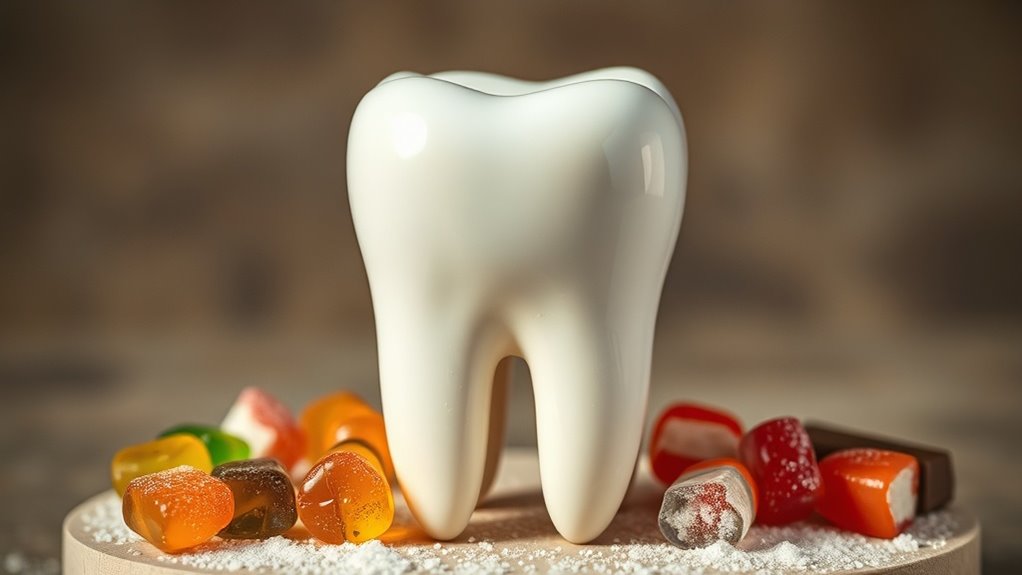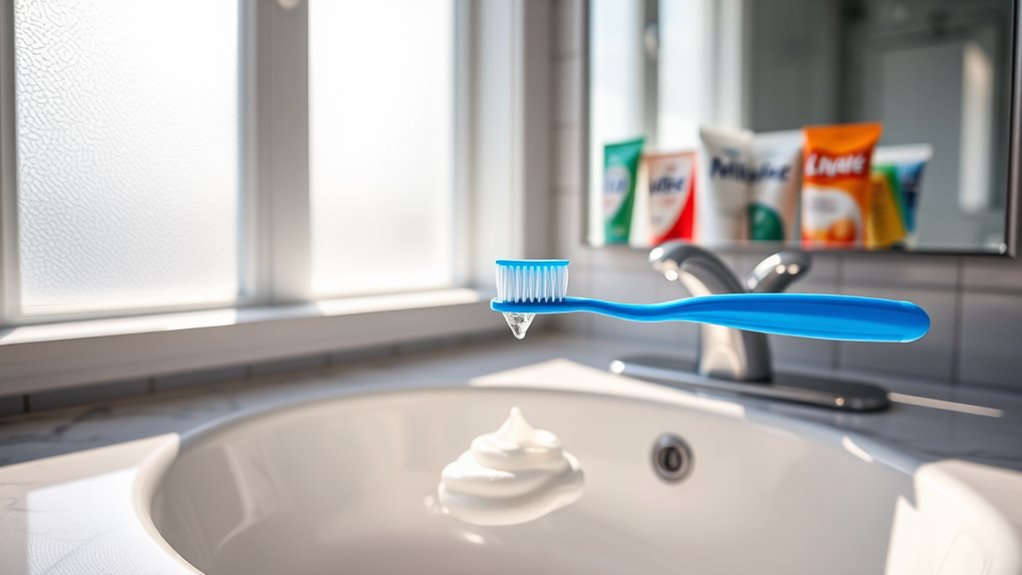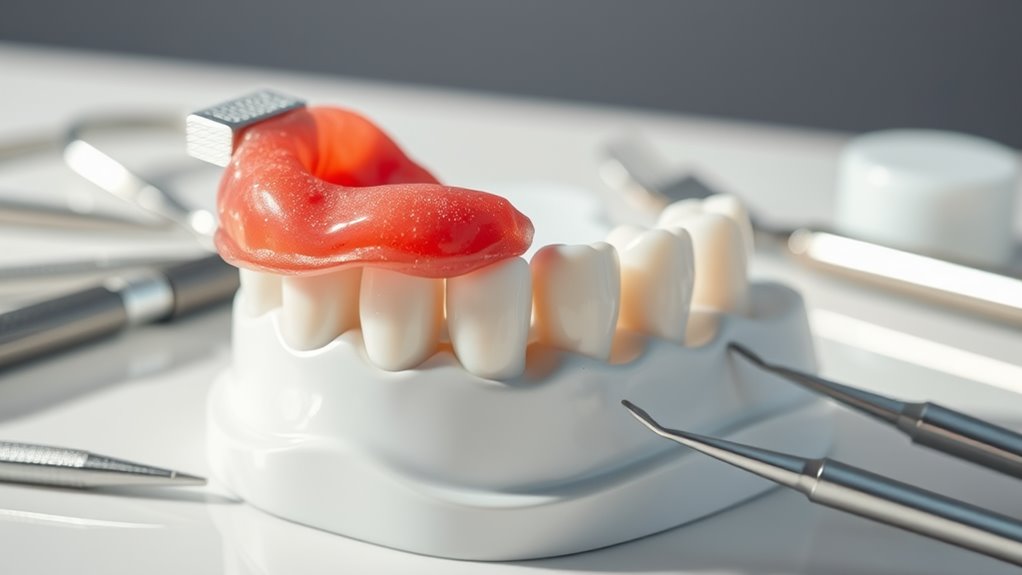Do Cavities Really Come From Sugar Alone.
It’s easy to think of sugar as the sole villain when it comes to cavities. However, sugar is just one factor in a larger equation contributing to tooth decay. Poor oral hygiene, fluoride deficiency, and even genetics play a significant role. Understanding the broader landscape of dental health can be enlightening. What other influences might be silently jeopardizing your smile?
Understanding Cavities: The Basics of Tooth Decay
Cavities, often referred to as dental caries, represent a common oral health issue caused by the demineralization of tooth enamel. When you consume sugar, bacteria in your mouth ferment it, producing acids that erode enamel. This process can lead to cavities if not managed properly. Understanding this relationship between cavities and sugar is crucial for maintaining healthy teeth and preventing decay. Good oral hygiene practices, including regular brushing and flossing, are also essential in preventing cavity formation.
The Role of Sugar in Cavity Formation
When you consume sugar, the impact on your oral health can be significant, as it directly fuels the bacteria residing in your mouth. This process leads to acid production that erodes enamel and causes cavities. Consider the consequences:
1. Increased dental visits
2. Painful toothaches
3. Expensive treatments
Recognizing sugar’s role helps you take proactive steps towards maintaining healthier teeth and a confident smile. Additionally, limiting sugar intake reduces acid production, ultimately helping to protect your enamel from erosion.
Other Contributing Factors to Dental Decay
While sugar plays a significant role in cavity formation, it’s crucial to recognize that other factors also contribute to dental decay. Poor oral hygiene, a lack of fluoride, and genetic predisposition can exacerbate the risk of cavities. Additionally, the frequency of acidic food and drink consumption weakens enamel, further accelerating decay. Constant acid exposure during hydration can heighten erosion risk, making it essential to address these factors for effective dental health management.
Debunking Common Myths About Sugar and Oral Health
How can something as seemingly innocent as sugar become a focal point for misunderstanding when it comes to oral health? Here are some common myths that need debunking:
- Sugar is the sole cause of cavities.
- All sugary foods are equally harmful.
- Sugar-free products are always safe for teeth.
Recognizing these myths helps you make informed decisions about your diet and oral hygiene practices. Additionally, understanding that acidity impacts tooth enamel is crucial for maintaining dental health.
Preventative Measures for Healthy Teeth
Understanding the impact of sugar on oral health allows you to take proactive steps to protect your teeth. Brush twice daily with fluoride toothpaste and floss regularly to remove plaque. Limit sugar intake, especially between meals. Rinse your mouth with water after consuming sugary foods. Visit your dentist for regular check-ups and cleanings to catch potential issues early and maintain optimal oral health. Additionally, a balanced diet with limited sugary foods is vital for maintaining optimal gum health.




